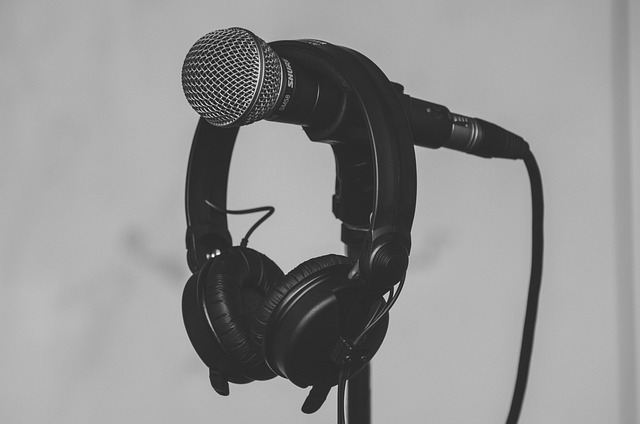Unpacking Audio Recording Laws: What You Need to Know
In an age where communication is increasingly digital, the importance of understanding law surrounding audio recording cannot be overstated. Content creators, podcasters, or simply anyone wishing to capture conversations for personal use, must navigate a labyrinth of regulations that vary from state to state and even country to country.
The Basics of Audio Recording Laws
The primary aspect that underlies audio recording laws is consent. In many jurisdictions, law dictates that all parties involved in a conversation must give their consent in order for a recording to be legal. This is often referred to as “two-party consent.” However, there are also “one-party consent” states where only one person needs to be aware of the recording.
Why Consent Matters
With the proliferation of smartphones and recording devices, it’s easy to inadvertently capture audio without considering the legal implications. Recording someone without their knowledge can lead to serious repercussions, including criminal charges or civil lawsuits. Respecting the law is not just a matter of legality but also ethics; it fosters trust and integrity in our communications.
Exceptions to the Rule
While the general rule is clear, there are exceptions that are worth noting. Law enforcement agencies often have more leeway under specific circumstances and may conduct recordings without consent. Additionally, situations involving public places can complicate matters, as individuals might have a lower expectation of privacy.
Implications for Content Creators
For those in the creative industry, navigating audio recording laws is pivotal. Podcasters, vloggers, and journalists need to stay informed about the legal landscape to avoid potential pitfalls. Ensuring that all interviewees or participants are aware of the recording can save time, money, and legal headaches down the road.
How to Stay Compliant
To safeguard against legal ramifications, consider these best practices:
- Always seek verbal or written consent from participants before recording.
- Familiarize yourself with the laws in your state or country.
- Keep a clear record of permissions and consent forms.
- Consult with a legal expert if you’re unsure about specific cases.
Resources for Further Learning
Many organizations provide resources to help understand the nuances of audio recording law. Websites, books, and even workshops dedicated to media law can empower you with the knowledge needed to protect yourself and your work. Listening to experts on the topic can be invaluable for anyone navigating this complex field.




